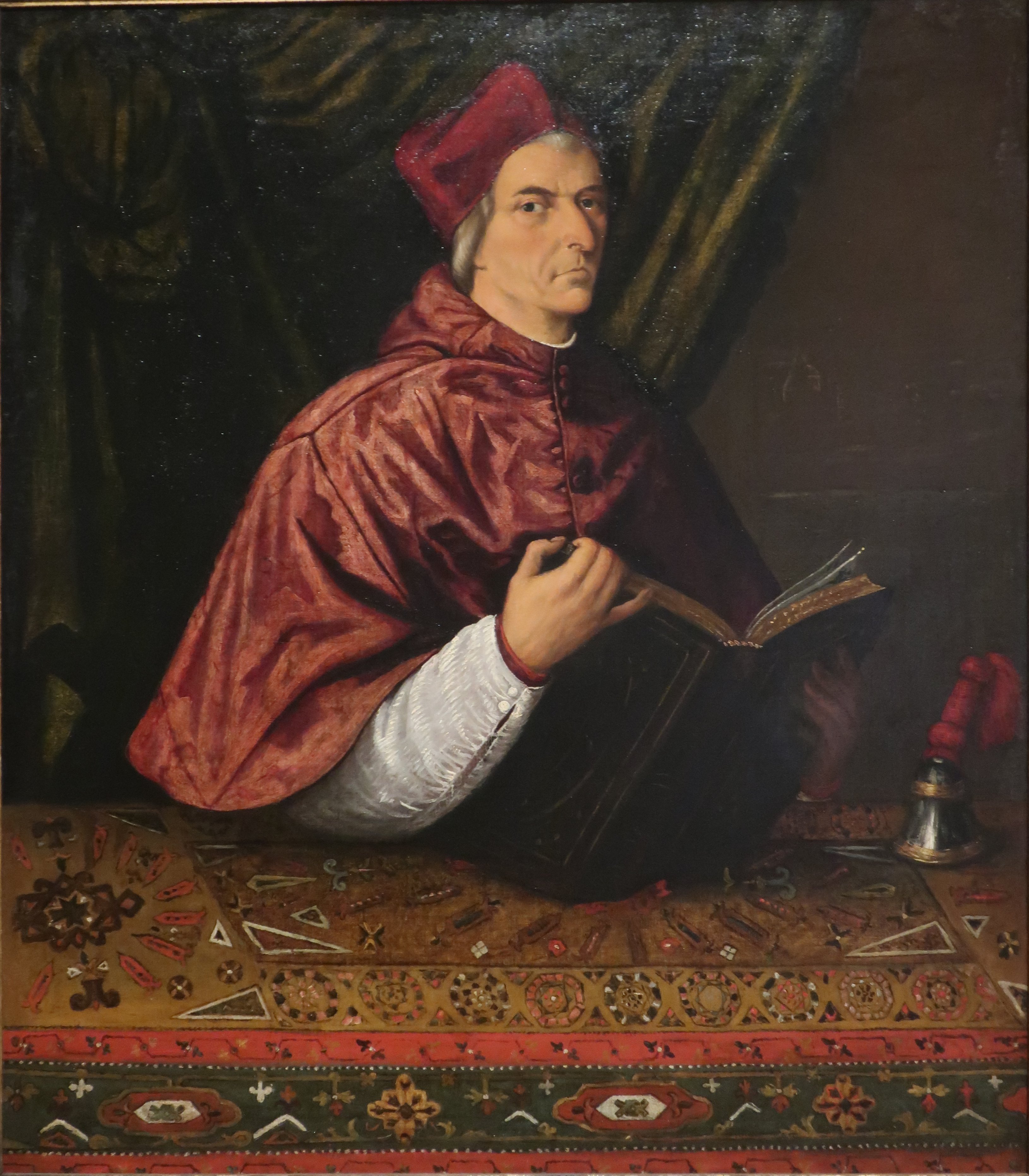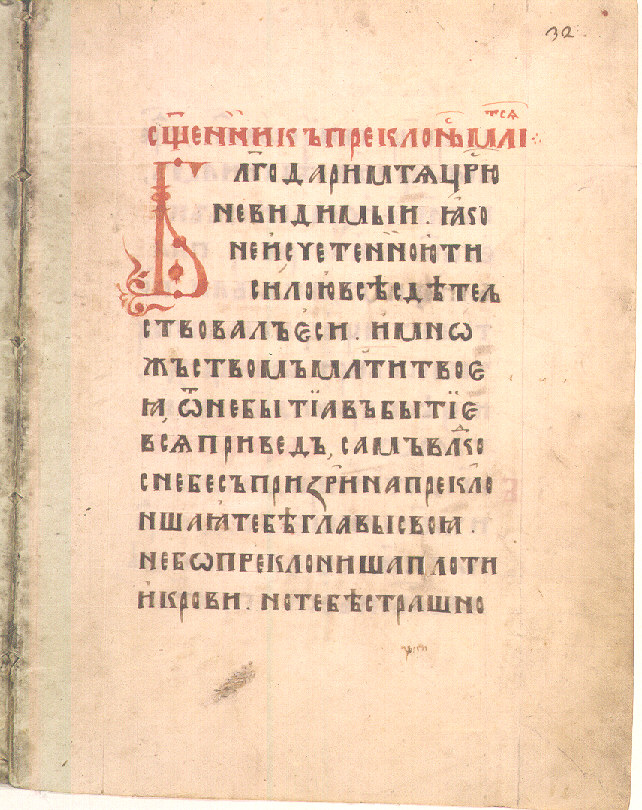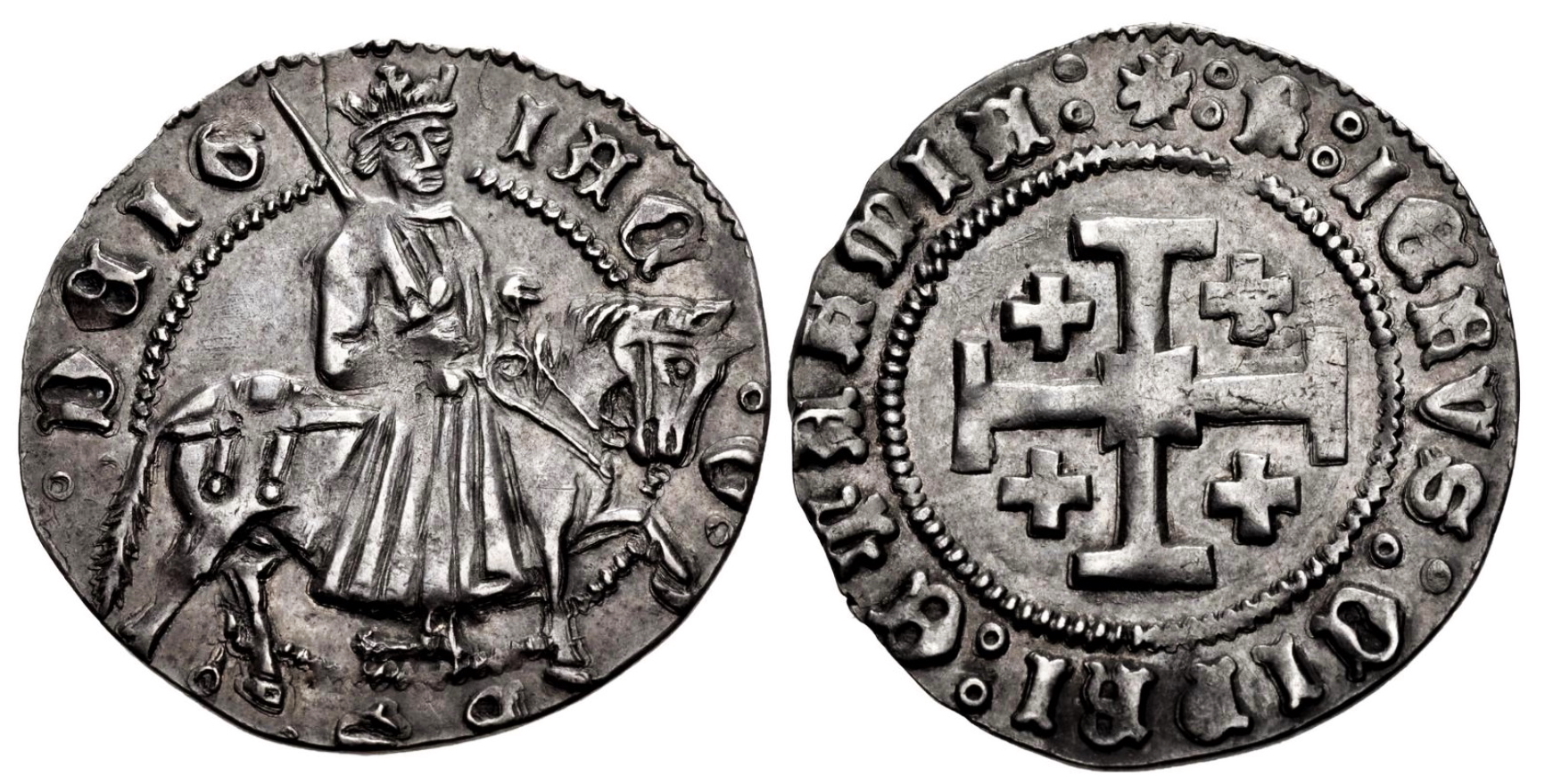|
Archbishopric Of Nicosia
The Latin Catholic archdiocese of Nicosia was created during the Crusades (1095-1487) in Cyprus; later becoming titular. According to the ''Catholic Encyclopedia'' 31 Latin archbishops served beginning in 1196, shortly after the conquest of Cyprus by Richard I of England, to 1502. List of archbishops Resident *1196–1202 Alan *1206–1210/11 Thierry *1211 Durand *1217–1250 Eustorge de Montaigu *1251–1261 Ugo di Fagiano *1262 Giovanni Colonna *1267 Giles *1268 Jean d'Angoulême *1270–1273 Bertrand Bernardi *1278–1286 Ranulf *1280s Raphael *1288–1296 John of Ancona *1296–1303 Gérard de Langres :''1303–? Henri de Gibelet (apostolic administrator)'' :''1306–? Tommaso de Muro (apostolic administrator)'' :''1308–? Pierre Erlant (apostolic administrator)'' :''1311–? Pierre de Brie (apostolic administrator)'' *1312-1332 Giovanni Conti *1332–1342 *1344–1361 *1361–1376 Raymond of Pradella *1376–1382 Béranger Grégoire *During the Western Schism: :* Avign ... [...More Info...] [...Related Items...] OR: [Wikipedia] [Google] [Baidu] |
Nicosia 01-2017 Img20 View From Shacolas Tower
Nicosia ( ; el, Λευκωσία, Lefkosía ; tr, Lefkoşa ; hy, Նիկոսիա, Romanization of Armenian, romanized: ''Nikosia''; Cypriot Arabic: Nikusiya) is the largest city, Capital city, capital, and seat of government of Cyprus. It is located near the centre of the Mesaoria plain, on the banks of the River Pedieos. According to Greek mythology, Nicosia ( in Greek) was a siren, one of the daughters of Acheloos and Melpomene and its name translates as "White State" or city of White Gods. Nicosia is the southeasternmost of all EU member states' capitals. It has been continuously inhabited for over 4,500 years and has been the capital of Cyprus since the 10th century. The Greek Cypriot and Turkish Cypriot communities of Nicosia segregated into the south and north of the city respectively in early 1964, following the fighting of the Cyprus crisis of 1963–64 that broke out in the city. This separation became a militarised border between the Republic of Cyprus and Northern ... [...More Info...] [...Related Items...] OR: [Wikipedia] [Google] [Baidu] |
Avignon Papacy
The Avignon Papacy was the period from 1309 to 1376 during which seven successive popes resided in Avignon – at the time within the Kingdom of Burgundy-Arles, Kingdom of Arles, part of the Holy Roman Empire; now part of France – rather than in Rome. The situation arose from the conflict between the papacy and the List of French monarchs, French crown, culminating in the death of Pope Boniface VIII after his arrest and maltreatment by Philip IV of France. Following the further death of Pope Benedict XI, Philip forced a deadlocked conclave to elect the French Clement V as pope in 1305. Clement refused to move to Rome, and in 1309 he moved his court to the papal enclave at Avignon, where it remained for the next 67 years. This absence from Rome is sometimes referred to as the "Babylonian captivity of the Papacy". A total of seven popes reigned at Avignon, all List of French popes, French, and all under the influence of the French Crown. In 1376, Gregory XI abandoned Avignon and m ... [...More Info...] [...Related Items...] OR: [Wikipedia] [Google] [Baidu] |
Cypriot Bishops
Cypriot (in older sources often "Cypriote") refers to someone or something of, from, or related to the country of Cyprus. * Cypriot people, or of Cypriot descent; this includes: **Armenian Cypriots **Greek Cypriots **Maronite Cypriots **Turkish Cypriots * Cypriot dialect (other), the dialects being spoken by Cypriots * Cypriot syllabary, the ancient syllabic writing system of Cyprus, in use 1100–300 BCE * Cypriot cuisine Cypriot cuisine is mainly influenced by Greek and Turkish cuisines, whilst also sharing similarities with the cuisines of Italy and France. Food preparation Frequently used ingredients are fresh vegetables such as zucchini, olives, okra, gre ... {{disambiguation Language and nationality disambiguation pages ... [...More Info...] [...Related Items...] OR: [Wikipedia] [Google] [Baidu] |
Guglielmo Piani
Guglielmo Piani, S.D.B. (16 September 1875 – 27 September 1956) also known as William Piani, was an Italian prelate of the Catholic Church who worked in the diplomatic service of the Holy See. He was Apostolic Delegate to the Philippines from 1922 to 1948 and then played a similar role in Mexico until his death in 1956. Biography Guglielmo Piani was born on 16 September 1875 in Martinengo, Italy. He was ordained a priest of the Salesians of Don Bosco on 15 May 1898. On 16 December 1921, Pope Benedict XV appointed him titular bishop of Palaeopolis in Pamphylia and auxiliary bishop of the Archdiocese of Puebla de los Ángeles. This was quickly revised because of intense conflict between the Church and the Mexican government, and on 17 March 1922 he was named titular archbishop of Dramas and Apostolic Delegate to the Philippines. He received his episcopal consecration in Rome on 14 May 1922. His service in the Philippines was interrupted in 1936 when he visited Mexico as an Ap ... [...More Info...] [...Related Items...] OR: [Wikipedia] [Google] [Baidu] |
Francesco Cherubini (archbishop)
Francesco Cherubini (1585 – 24 April 1656) was a Catholic cardinal who served as Bishop of Senigallia. Life Francesco Cherubini was born in Montalboddo, near Senigallia in the Papal States in 1585. He completed his studies in Rome earning a doctorate in utroque iure. In Rome he became assistant of Giovanni Battista Pamphilj, and followed the Pamphilj in his Nunciature in Naples (1621–1625) and in Spain (1626–1630). In March 1643 he was made Referendary of the Tribunals of the Apostolic Signature of Justice and of Grace, A turning point in the life of Francesco Cherubini was the elevation of Giovanni Battista Pamphilj to the papacy as Pope Innocent X in September 1644: he continues to collaborate and to stay near the pope. On 7 October 1647 Pope Innocent X appointed him Cardinal priest with the title of San Giovanni a Porta Latina. At the death of Innocent X, Cherubini participated to the Papal conclave, 1655. A few months after that conclave, the new pope Al ... [...More Info...] [...Related Items...] OR: [Wikipedia] [Google] [Baidu] |
Antonio Fernando Echanove Zaldívar
Antonio is a masculine given name of Etruscan origin deriving from the root name Antonius. It is a common name among Romance language-speaking populations as well as the Balkans and Lusophone Africa. It has been among the top 400 most popular male baby names in the United States since the late 19th century and has been among the top 200 since the mid 20th century. In the English language it is translated as Anthony, and has some female derivatives: Antonia, Antónia, Antonieta, Antonietta, and Antonella'. It also has some male derivatives, such as Anthonio, Antón, Antò, Antonis, Antoñito, Antonino, Antonello, Tonio, Tono, Toño, Toñín, Tonino, Nantonio, Ninni, Totò, Tó, Tonini, Tony, Toni, Toninho, Toñito, and Tõnis. The Portuguese equivalent is António (Portuguese orthography) or Antônio (Brazilian Portuguese). In old Portuguese the form Antão was also used, not just to differentiate between older and younger but also between more and less important. In Galician th ... [...More Info...] [...Related Items...] OR: [Wikipedia] [Google] [Baidu] |
Carlo Vittorio Amedeo Delle Lanze
Carlo Vittorio Amedeo Delle Lanze (1712–1784) was an Italian clergyman, a Roman Catholic cardinal. From Prof.Miranda website In his youth, Delle Lanze was supposed to be close to , but in his late life he was a supporter of Jesuit and part of the . Biography He was born in 1712, the son of Carlo Francesco Agostino, conte di Sale e di Vinovo, the illegitimate son of . In his youth, he became a soldier and started a m ...[...More Info...] [...Related Items...] OR: [Wikipedia] [Google] [Baidu] |
Raniero Felice Simonetti
Pope Paschal II ( la, Paschalis II; 1050 1055 – 21 January 1118), born Ranierius, was head of the Catholic Church and ruler of the Papal States from 13 August 1099 to his death in 1118. A monk of the Abbey of Cluny, he was created the cardinal-priest of San Clemente by Pope Gregory VII (1073–85) in 1073. He was consecrated as pope in succession to Pope Urban II (1088–99) on 19 August 1099. His reign of almost twenty years was exceptionally long for a medieval pope. Early career Ranierius was born in Bleda, near Forlì, Romagna. He became a monk at Cluny at an early age. Papacy During the long struggle of the papacy with the Holy Roman emperors over investiture, Paschal II zealously carried on the Hildebrandine policy in favor of papal privilege, but with only partial success. Henry V, son of Emperor Henry IV, took advantage of his father's excommunication to rebel, even to the point of seeking out Paschal II for absolution for associating with his fat ... [...More Info...] [...Related Items...] OR: [Wikipedia] [Google] [Baidu] |
Filippo Mocenigo
Filippo is an Italian male given name, which is the equivalent of the English name Philip, from the Greek ''Philippos'', meaning "amante dei cavalli".''Behind the Name''"Given Name Philip" Retrieved on 23 January 2016. The female variant is Filippa. The name may refer to: *Filippo I Colonna (1611–1639), Italian nobleman * Filippo II Colonna (1663–1714), Italian noblemen *Filippo Abbiati (1640–1715), Italian painter * Filippo Baldinucci (1624–1697), Italian historian *Filippo Brunelleschi (1377–1446), Italian architect *Filippo Carli (1876–1938), Italian sociologist *Filippo Castagna (1765–1830), Maltese politician *Filippo Coarelli (born 1936), Italian archaeologist *Filippo Coletti (1811–1894), Italian singer *Filippo di Piero Strozzi (1541–1582), French general *Filippo Salvatore Gilii (1721–1789), Italian priest and linguist *Filippo Grandi (born 1957), Italian diplomat * Filippo Illuminato (1930-1943), Italian partisan, recipient of the Gold Medal of Milita ... [...More Info...] [...Related Items...] OR: [Wikipedia] [Google] [Baidu] |
Domenico Grimani
Domenico Grimani (19 February 1461 – 27 August 1523) was an Italian nobleman, theologian and cardinal. Like most noble churchman of his era Grimani was an ecclesiastical pluralist, holding numerous posts and benefices. Desiderius Erasmus dedicated to Grimani his ''Musica''. Biography Born in Venice, he was the eldest of five sons of Antonio Grimani, the oldest elected Doge of Venice, and his wife Catarina Loredan. Antonio was elected doge in 1521, when Domenico was already a cardinal. He exhibited an early predilection for humanist studies, which was encouraged by teachers in his native Venice and then in the ambit of the Medicean academy in Florence, where he moved in the circle of Lorenzo de' Medici among scholars like Pico della Mirandola and Poliziano. He obtained a doctorate in canon law at the University of Padua on 23 October 1487 and was elected a Senator of Venice that same year. He became a cardinal in 1493, an appointment paid by his father with a sum of aro ... [...More Info...] [...Related Items...] OR: [Wikipedia] [Google] [Baidu] |
Isidore Of Kiev
Isidore of Kiev, also known as Isidore of Thessalonica or Isidore, the Apostate ( el, ; russian: Исидор; uk, Ісидор; 1385 – 27 April 1463), was a prelate of Byzantine Greek origin. From 1437 to 1441 he served as the Metropolitan of Kiev and all Rus' in the patriarchate of Constantinople of the Eastern Orthodox Church. He was a supporter of the Union of Florence which he proclaimed in Hagia Sophia on 12 December 1452.Isidore of Kiev , 2008, O.Ed. In the , Isidore was the |
James II Of Cyprus
James II (french: Jacques; c. 1438/1439 or c. 1440 – 10 July 1473) was the penultimate King of Cyprus (usurper), reigning from 1463 until his death. Archbishop of Nicosia James was born in Nicosia as the illegitimate son of John II of Cyprus and Marietta de Patras. He was a great favourite of his father, and in 1456, at the age of 16, he was appointed to the archbishopric of Nicosia. After murdering Iacopo Urri, the royal chamberlain, on 1 April 1457, he was deprived of the archbishopric and fled to Rhodes on a ship of the Catalan Juan Tafures. He was pardoned by his father, and the archbishopric was returned to him. King of Cyprus In 1458, his father died, and his half-sister Charlotte became Queen of Cyprus. In 1460, with support from the Egyptian Mamluk sultan Sayf ad-Din Inal, James challenged her right to the throne, blockading her and her husband, Louis of Savoy, in the castle of Kyrenia for three years. When Charlotte fled to Rome in 1463, James was crowned king. ... [...More Info...] [...Related Items...] OR: [Wikipedia] [Google] [Baidu] |





